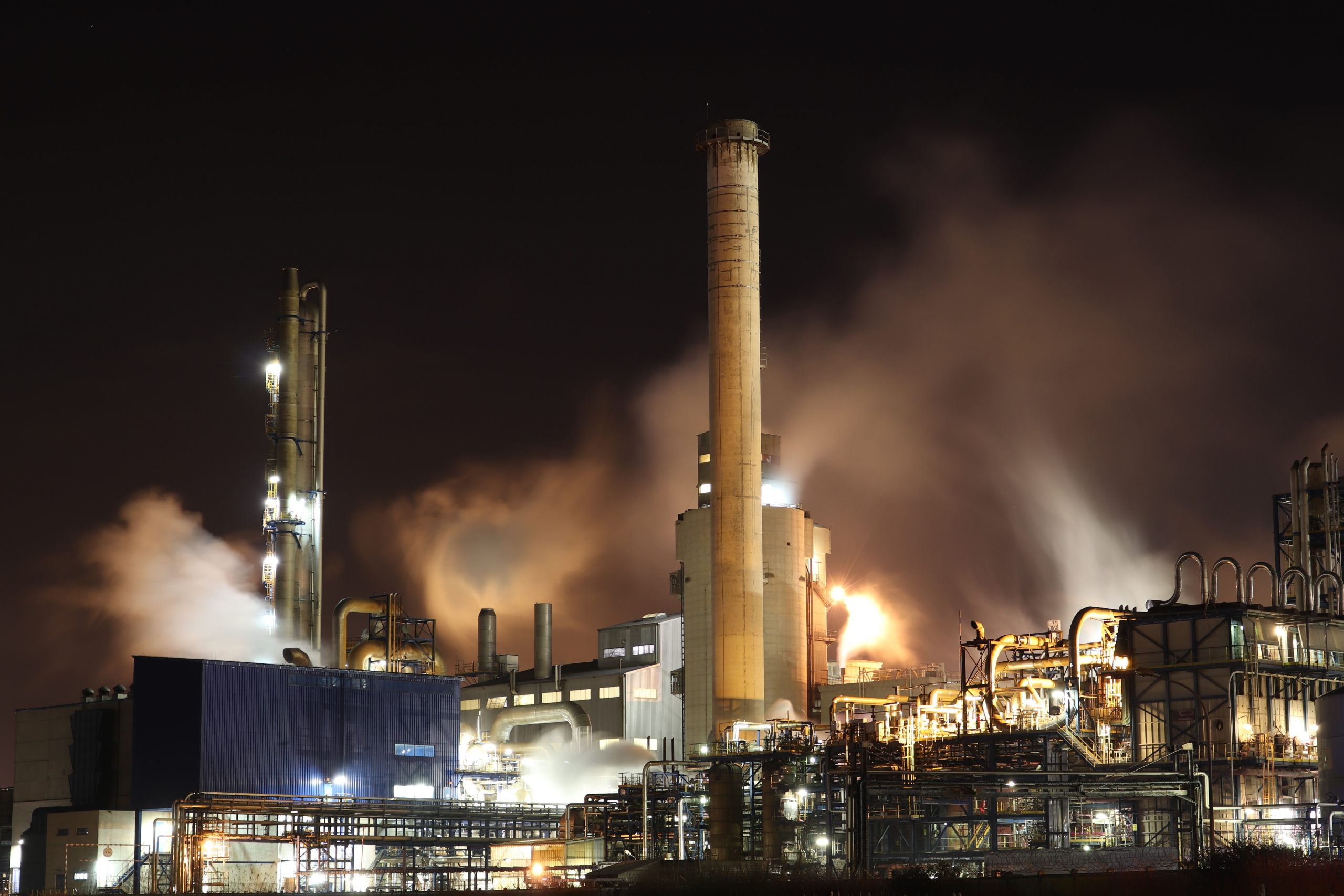If anything happens to the pipeline, the reserves should allow for at least 3 months of supply, according to an analysis.Continue reading

The Croatian media and political discourse is aloud with accusations of pro-Moscow activities against a Croatian Energy company PPD, that has recently been penalized for breaking EU rules for gas transit capacity purchases.
The Hungarian Energy and Public Utility Regulatory Office (MEKH) had given a 500 million forint (EUR 1.3 mil.) penalty to the Croatian company PPD (Prvo Plinarsko Drustvo) for its behavior during gas purchasing auctions in January and February 2022. MEKH had accused the company of damaging the Hungarian economy through overbidding for the price of gas, as a result of which Hungary was able to buy less and for a higher price than it would have been otherwise.
The combination of players from Russia, Hungary and Croatia, and the timing of the incident had given rise to accusations of pro-Moscow manipulation of gas-prices by a company that is allegedly close to the Russian energy giant Gazprom. However, the Hungarian regulator was quite specific in its ruling that they detected no intentional price manipulation. In their defense PPD, as quoted by the Croatian newspaper Nacional.hr, said that “In the decision of the Hungarian regulator (MEKH) punishing PPD, it is stated that
there was no attempt to manipulate the market and that there was no manipulation that was carried out by spreading information, deception or concealment,
but that PPD violated the EU regulation (REMIT) because of the effect – although there was no intention of manipulation, the price of gas transportation increased due to the competition of PPD at the auction itself.”
The deals date back between 17.1 – 26.1.2022, where PPD participated in an auction for the lease of gas transport capacities for gas that was to be transported from Austria to Hungary at the Mosonmagyaróvár border crossing. However, PPD was accused of having no intention of actually transporting that gas, but only of raising the price of gas transportation during the auction. The party most damaged by PPD’s action was Hungary.
Croatian opposition politicians from the Most (Bridge) movement, Nino Raspudic and Nikola Grmoja have both accused PPD of acting on the behest of Russia’s Gazprom in order to force Hungary and Austria to buy Russian gas through raising the price of gas from alternative routes. They also accused PPD of having a strong influence on the government of Andrej Plenkovic.
Wherever the truth lies, the fact that the two Most politicians have given the incident a political dimension against their political foes calls for caution in making convenient and all too obvious conclusion from the whole incident. The only concrete fact remains that the Hungarian regulator did not charge MEKH with intentional manipulation, thus accusation of a Russian plot remain inferences and conjunctions, although superficially plausible ones. Whether Gazprom would have risked the ire of the Hungarian authorities by orchestrating an all too obvious intervention during the gas transit auctions using PPD is questionable. Furthermore, the Hungarian government had declared its clear intention to continue to purchase oil an gas from Russia even after the outbreak of the conflict, thus such a move would have been fairly counterproductive before the start of the Russian invasion.
It remains a fairly suspicious aspect though that PPD has not given any plausible explanation to their action to date, given that they had no financial gain from pushing the price up, as no gas was transferred through the terminal. However, such moves are not unprecedented, as for instance,
Janaf, the Croatian energy giant was involved in a row with its Hungarian counterpart MOL, when in May this year it hiked up transit fees for oil 400%, at the same time as Ukraine has also raised transit fees on the Druzhba pipeline running through its territory.
At the time MOL had no choice but to sign a one year deal with Janaf. All the above could give a hint to why the Hungarian government is keen on preserving its energy purchases from Russia despite political pressure to the contrary.
Featured File Image: Pexels